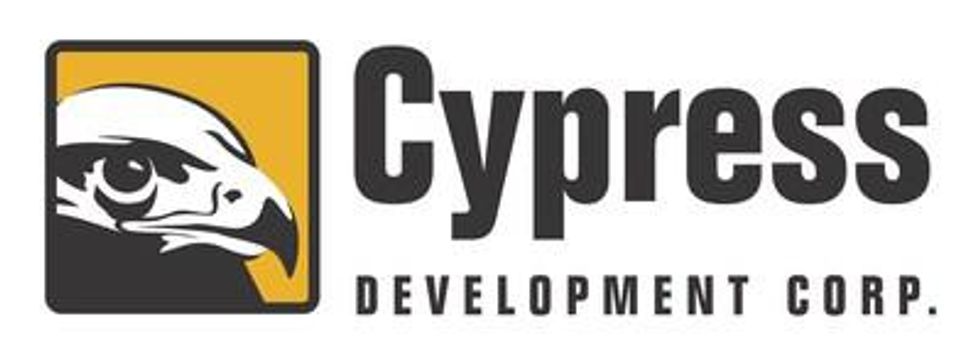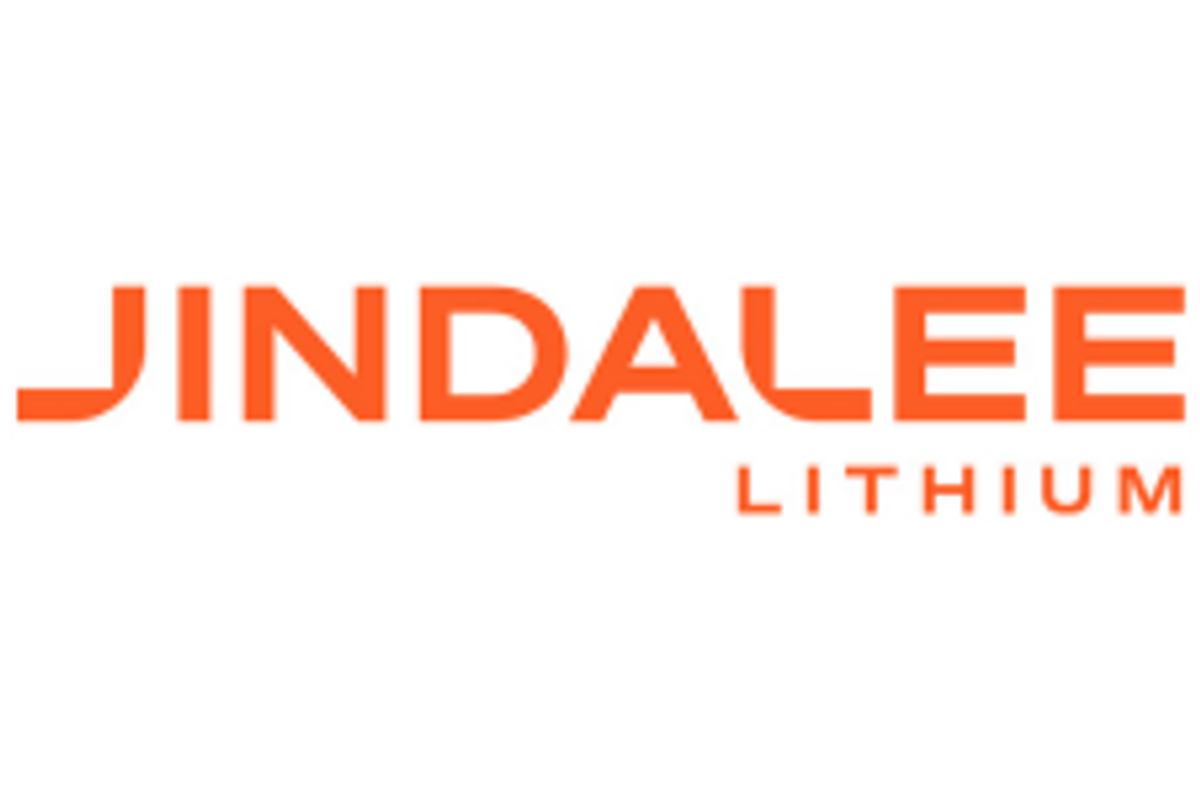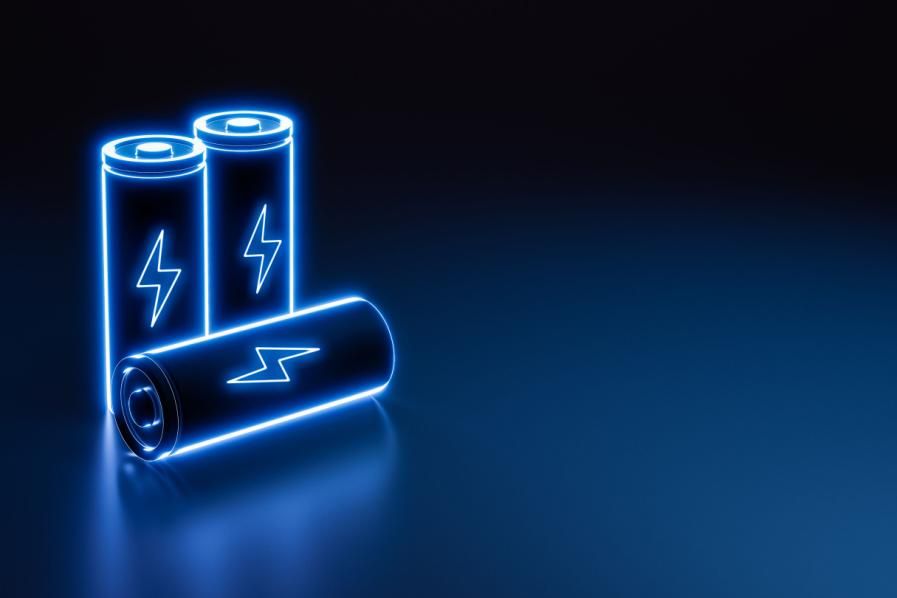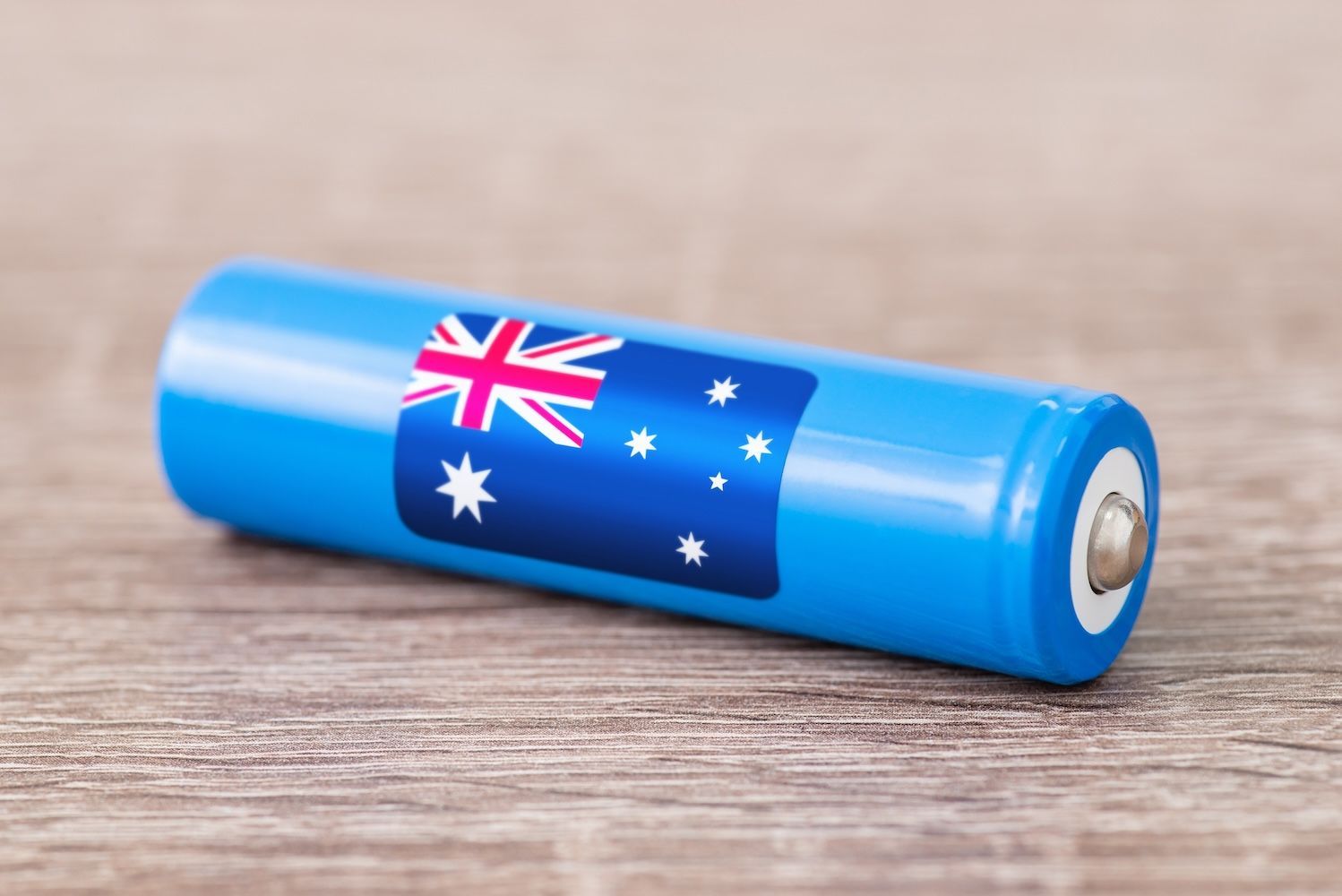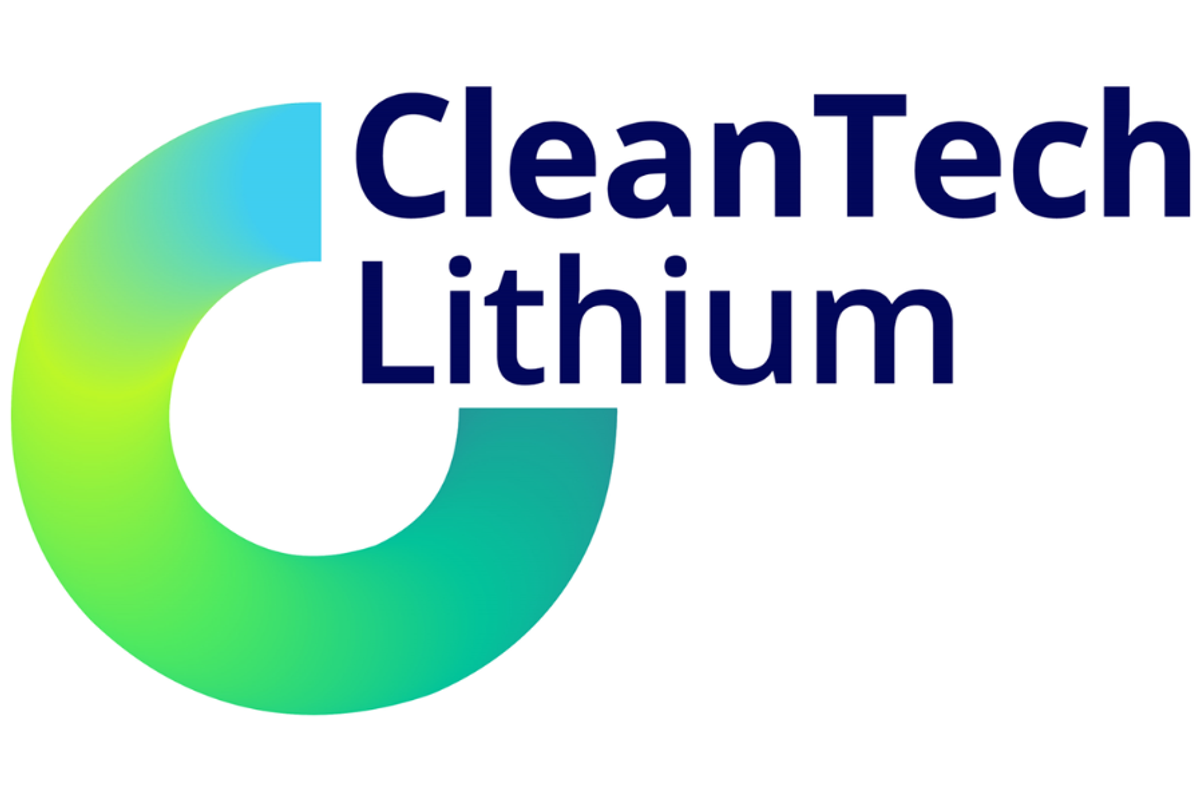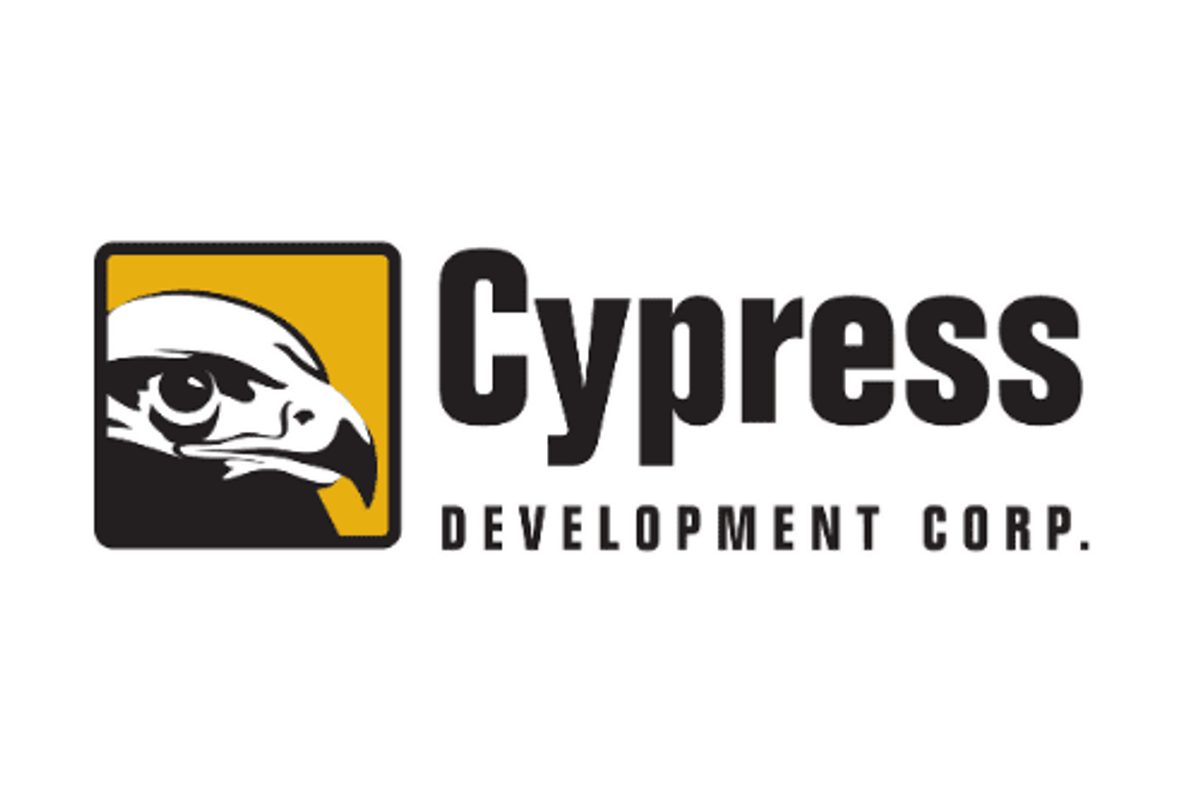
TSXV: CYP | OTCQB: CYDVF
Cypress Development Corp. (TSXV: CYP) (OTCQB: CYDVF) (Frankfurt: C1Z1) ("Cypress" or "the Company") is pleased to announce that the Company has acquired through a Purchase Agreement ("Agreement") 24 unpatented mining claims in Clayton Valley, Nevada bringing the Company's land holdings to 6558 acres in total. The newly acquired claims, which total 480 contiguous acres, are proximal to the Company's Clayton Valley Lithium Project. The claims were acquired for their exploration potential for lithium-bearing claystone and brine.
Terms of the Agreement
The purchase price for 100% interest in the claims, acquired from a private party vendor, is to be paid through the issuance of 49,000 Cypress shares, due upon closing. The claims have no retained or underlying royalties. The Agreement is subject to terms and conditions customary for a transaction of this nature, including TSX Venture Exchange approval of the Share Issuance.
About Cypress Development Corp:
Cypress Development Corp. is a Canadian advanced stage lithium exploration company, focused on developing its 100%-owned Clayton Valley Lithium Project in Nevada, USA . Work completed by Cypress led to the discovery of a world-class resource of lithium-bearing claystone adjacent to the Albemarle Silver Peak mine, North America's only lithium brine operation. The results of a positive Pre-Feasibility Study for the Clayton Valley Lithium Project were announced by Cypress Development in August 2020 . Cypress Development trades on the TSX Venture Exchange under the symbol CYP, and on the OTCQB under the symbol CYDVF.
ON BEHALF OF Cypress Development Corp.
WILLIAM WILLOUGHBY , PhD., PE
Chief Executive Officer
NEITHER THE TSX VENTURE EXCHANGE NOR ITS REGULATION SERVICES PROVIDER ACCEPTS RESPONSIBILITY FOR THE ADEQUACY OR ACCURACY OF THE CONTENT OF THIS NEWS RELEASE.
Cautionary Note Regarding Forward-Looking Statements
This release includes certain statements that may be deemed to be "forward-looking statements". All statements in this release, other than statements of historical facts, that address events or developments that management of the Company expects, are forward-looking statements. Although management believes the expectations expressed in such forward-looking statements are based on reasonable assumptions, such statements are not guarantees of future performance, and actual results or developments may differ materially from those in the forward-looking statements. The Company undertakes no obligation to update these forward-looking statements if management's beliefs, estimates or opinions, or other factors, should change. Factors that could cause actual results to differ materially from those in forward-looking statements, include market prices, exploration, and development successes, continued availability of capital and financing, and general economic, market or business conditions. Please see the public filings of the Company at www.sedar.com for further information.
SOURCE Cypress Development Corp.

